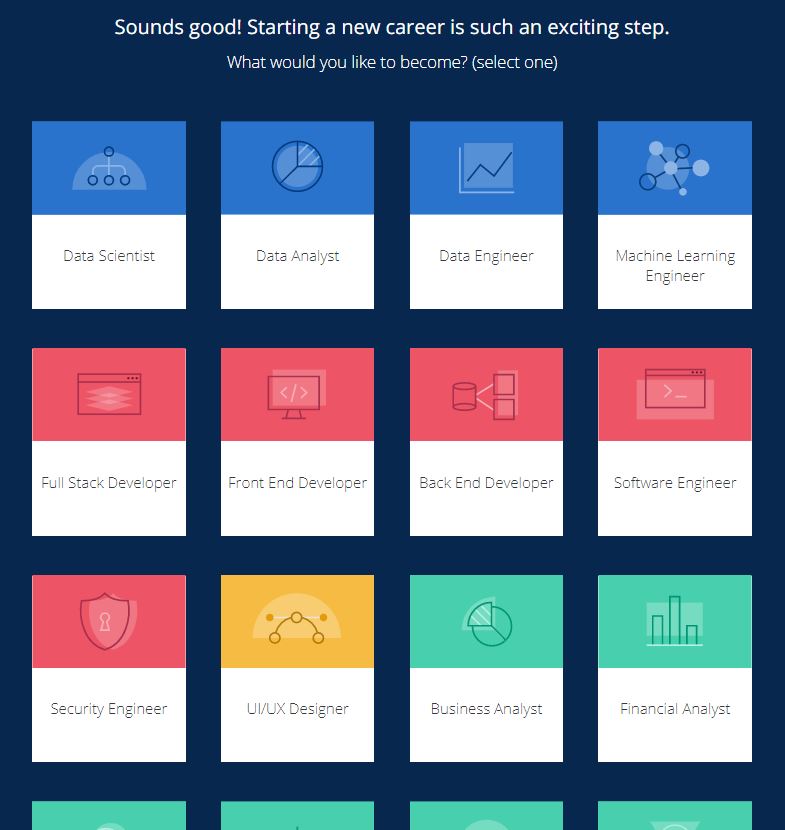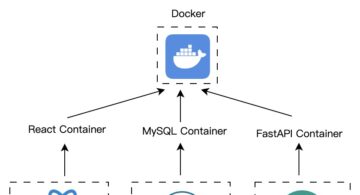日常・その他
Coursera Learning Paths
irina
Over last few years I’ve studied different subjects via MOOCs, mostly Coursera, from machine learning and neuroscience to photography and nutrition. Choosing a new subject to learn is always exciting. However, this excitement and enthusiasm can go down and transform into confusion as you face the vast number of courses proposed nowadays. Things are getting more challenging if you’re going to try yourself in a brand-new field and have no idea where to start.
As a Coursera student who experienced such problems, I was glad to hear about Learning Paths, Coursera project aimed to help learners to find the most relevant courses and reach their study goals in a more efficient way.
How it works
Learning Paths are designed to fit the most popular learning goals and propose a step-by-step guide through connected courses, with estimated study time and a list of skills one can gain following suggested route.
First, you need to specify whether you’d like to try yourself in a new profession, bush up existing skills or explore basic concepts of topics you’re interested in.
Say, I’d like to try something completely new.
So far there are ready-to-go plans for 18 specializations.
Never tried myself as a security engineer. Why not?
What would Coursera offer me to fulfill my ambitious plan?
Here’s the result.
The suggested plan consists of 30 courses, including fundamentals of programming for security (based on Python), logic and cryptography, system administration and network security. As I’ve declared that I’m a novice learner, materials to learn start from a very basic level. I’m supposed to finish the study in 7 months if I devote it 10 hours a week.
Majority of Coursera courses are available in audit mode, which means you can access most of the course content for free.
Conclusion
In my opinion, Learning Paths is worth trying if you’re planning to gain new skills taking online-courses. Even if you decide not to follow all the steps of recommended learning plan, you can use it as a reference point to get better understanding of what kind of skills you’re expected to master for a particular specialization.
Links
More about Learning Paths: Coursera Blog.
Here’s a nice article on How to sign up for Coursera courses for free, check it out.


 2025/01/10
2025/01/10 2024/03/01
2024/03/01 2023/12/01
2023/12/01 2023/06/23
2023/06/23 2023/02/24
2023/02/24 2022/12/16
2022/12/16 2022/06/24
2022/06/24 2022/06/17
2022/06/17